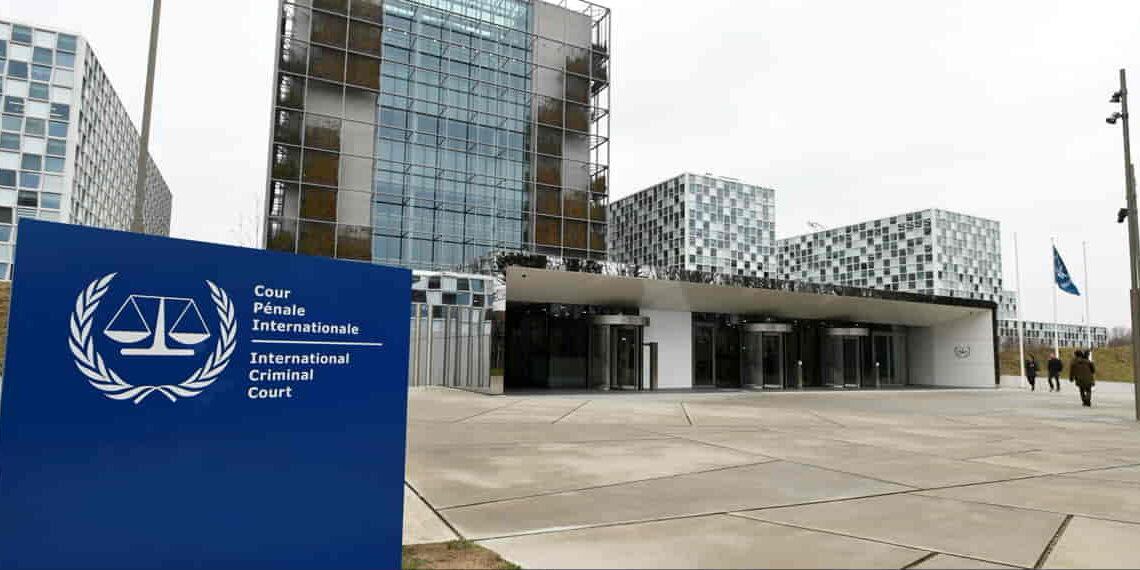Trump Imposes Sanctions on International Criminal Court
U.S. President Donald Trump has authorized economic and travel sanctions against individuals involved in International Criminal Court (ICC) investigations of U.S. citizens and allies such as Israel. This marks a continuation of his previous actions against the court during his first term.
Sanctions and Their Implications
The sanctions include:
- Freezing any U.S. assets of designated individuals.
- Barring them and their families from entering the United States.
It remains unclear how soon the U.S. will announce the names of those sanctioned. A similar move in 2020 saw Washington impose sanctions on then-ICC prosecutor Fatou Bensouda and her top aide over investigations into alleged U.S. war crimes in Afghanistan.
Context and ICC’s Response
Trump’s decision coincides with Israeli Prime Minister Benjamin Netanyahu’s visit to Washington. The ICC has issued arrest warrants for Netanyahu, his former defense minister, and a leader of Hamas over actions during the Gaza war.
The ICC, a 125-member tribunal, prosecutes individuals for war crimes, crimes against humanity, genocide, and aggression. However, key nations—including the U.S., China, Russia, and Israel—are not members.
The court has taken steps to mitigate potential financial disruptions, including paying staff salaries three months in advance. ICC President Judge Tomoko Akane previously warned that sanctions could cripple the tribunal’s operations.
International Reactions
Russia has also clashed with the ICC. In 2023, the court issued an arrest warrant for President Vladimir Putin over the alleged illegal deportation of Ukrainian children. In response, Russia banned ICC Chief Prosecutor Karim Khan from entering the country and placed him and two judges on its wanted list.
Trump’s latest move follows a failed Republican-led effort in the U.S. Senate to pass legislation imposing a sanctions framework against the ICC.
This article was rewritten by JournosNews.com based on verified reporting from trusted sources. The content has been independently reviewed, fact-checked, and edited for accuracy, neutrality, tone, and global readability in accordance with Google News and AdSense standards.
All opinions, quotes, or statements from contributors, experts, or sourced organizations do not necessarily reflect the views of JournosNews.com. JournosNews.com maintains full editorial independence from any external funders, sponsors, or organizations.
Stay informed with JournosNews.com — your trusted source for verified global reporting and in-depth analysis. Follow us on Google News, BlueSky, and X for real-time updates.














